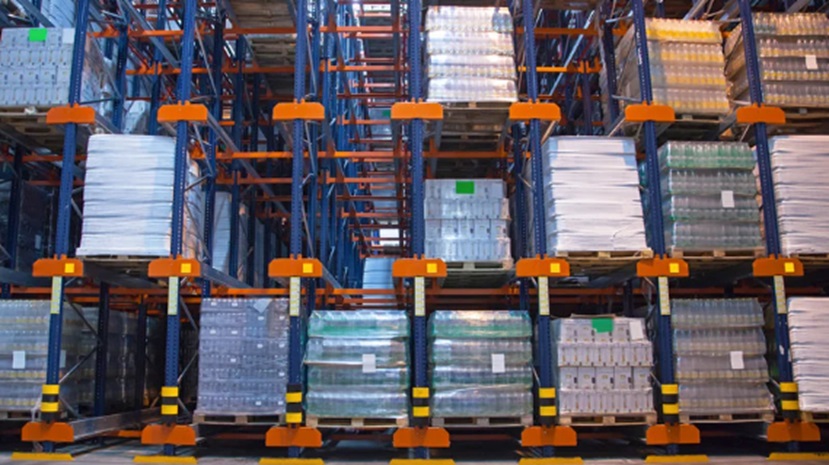Effective operations in warehouses rely on minimizing downtime and streamlining workflow. Modular warehouse solutions offer adaptable and cost-effective options that reduce disruptions, enhance efficiency, and allow businesses to scale as needed. These systems are designed to improve space utilization, optimize equipment placement, and ensure seamless transitions during upgrades or expansions. By adopting modern solutions, businesses can avoid delays that hinder productivity and maintain smooth operations. Choosing professional services for the implementation and maintenance of modular systems ensures durability, functional accuracy, and reduced risks associated with unplanned interruptions.
Improved Space Utilization
Warehouses often deal with disorganized or cluttered areas, leading to inefficiencies. Modular systems can be customized to fit unique layouts and inventory types. For example, vertical storage racks can free up floor space, while modular mezzanines add additional capacity without requiring a full facility expansion. Incorporating such systems allows businesses to reorganize effectively, ensuring each square foot is utilized. A warehouse racking system can complement these modular systems, offering reliability and the capacity to support varying loads.
Seamless Integration with Existing Layouts
This adaptability minimizes the disruptions typically caused by restructuring or upgrades. For instance, modular racking and shelving systems can be added to existing structures without requiring significant downtime. Businesses can continue operations while professionals handle the installation, ensuring a smooth transition. This flexibility is particularly beneficial for warehouses that operate on tight schedules or handle time-sensitive inventory.
Faster Installation and Upgrades
With modular solutions, installation and upgrades are faster and more efficient. For instance, pre-engineered components can be quickly assembled and customized to meet specific needs. This reduces the amount of time spent installing systems, minimizing disruptions to daily operations. Additionally, modular systems are easier to upgrade, allowing businesses to adapt to changes like increased inventory or new equipment requirements without sacrificing productivity.
Enhanced Organizational Efficiency
Modular systems contribute to better organization by offering tailored configurations for various inventory types. Features like adjustable racks or labeled shelving make inventory management more intuitive, reducing the time employees spend locating items. Effective organization also reduces the chance of errors in picking or packing processes, contributing to overall efficiency.
Durability and Long-Term Reliability
Modern systems are made using robust materials that can withstand heavy usage while maintaining structural integrity. For example, durable racking and shelving systems designed for industrial use ensure that businesses can store heavy loads safely for longer periods. Regular maintenance performed by professionals further extends the lifespan of these systems, preventing sudden breakdowns that could lead to downtime.
Minimized Maintenance Disruptions
Compared to traditional systems, modular components are simpler to repair or replace. Businesses can address minor issues without needing to halt operations entirely. Additionally, modular systems often include features that enhance safety, such as anti-collision supports or load indicators, further reducing the likelihood of accidents or unplanned maintenance needs.
Scalability for Business Growth
Warehouses experiencing seasonal fluctuations or long-term expansion goals can adjust their storage systems without overhauling the entire facility. For example, modular additions like mezzanine levels or expanded racking configurations can be easily introduced as inventory demands grow. This scalability ensures that warehouses remain efficient even during periods of change, reducing downtime associated with large-scale adjustments.
Conclusion
Modular warehouse solutions provide businesses with the efficiency and adaptability needed to minimize downtime. From optimizing space utilization to simplifying upgrades, these systems are an investment in long-term productivity. By leveraging professional expertise, companies can implement solutions tailored to their specific operational needs, ensuring durability and compliance. With the ability to scale and adapt, modular systems prepare warehouses to face challenges while maintaining seamless operations, creating a foundation for continued growth and success.
How Modular Warehouse Solutions Reduce Downtime
Related posts
Categories
Advertisement


